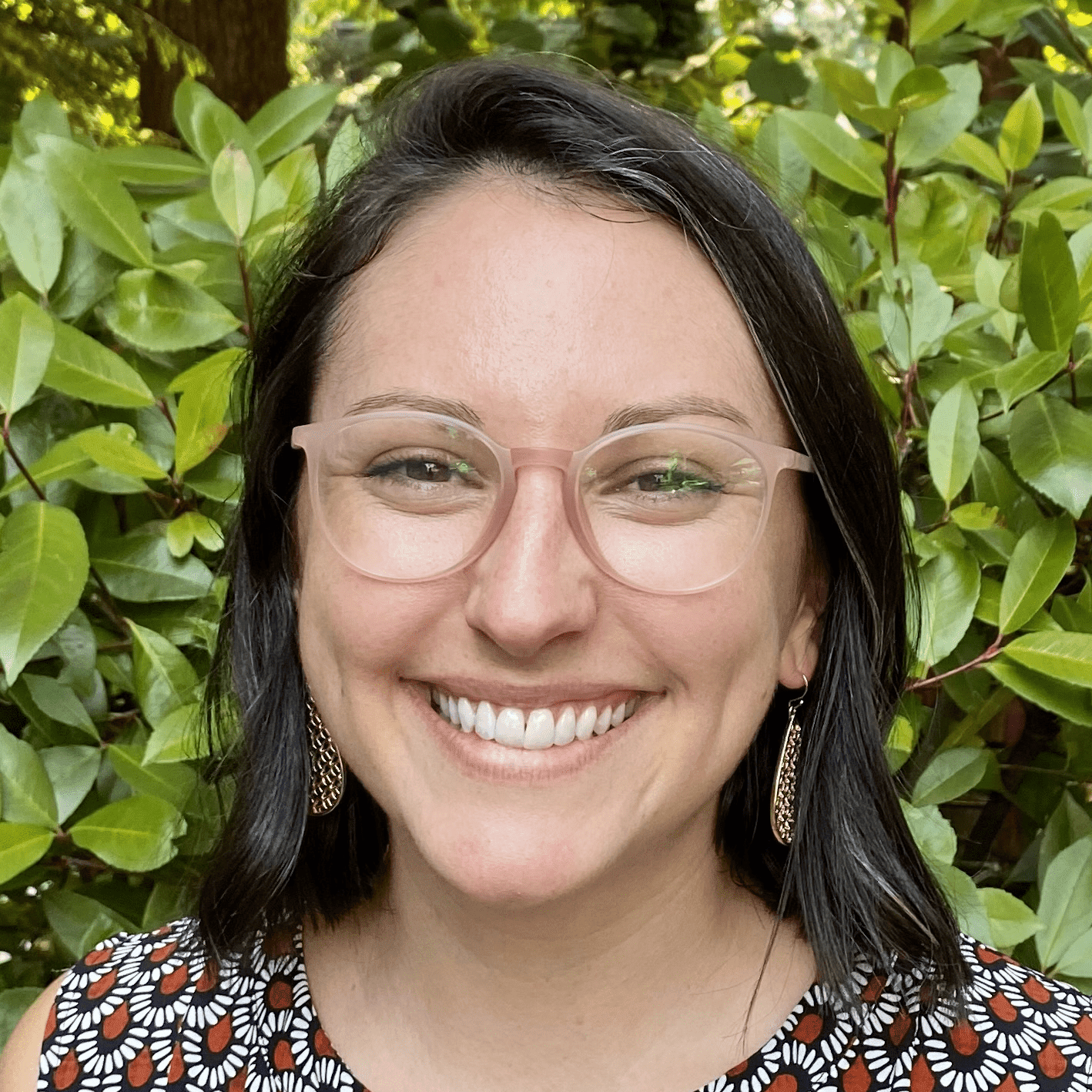Looking Back: What It’s Really Like to Start College at 21
I entered college at 21, about three years older than most of my peers. I’d missed two years of high school due to a series of pulmonary illnesses that left me in and out of hospitals.
Growing up in a small town with a graduating high school class of 52 people — where everyone knew everyone’s business — I felt like an outcast. A proverbial pariah over nothing all that paramount.
Later, as a sophomore in college, I would interview to become an RA. During that process, I learned the term for students like me who start college later than normal: a nontraditionally aged student.
No one told me this was the technical term for who I was when I entered college, but I found it fascinating there was a name for other students like me who didn’t fit neatly into an expected age range.
Taking my deviating path to college was an experience that helped mold me into the person I was and gave me a unique perspective. But, for me, I just couldn’t wait to escape to college. I didn’t care about having a unique perspective I could offer the rest of my peers — I just wanted to belong.
It didn’t fully hit me until I got there on move-in day. When you arrive for welcome week fresh out of high school, so much of college feels exactly the same as high school. You hear about how college is a new beginning — a magical time when you’ll grow, change, and meet people from all walks of life. And that’s true.
But it just doesn’t magically happen when you arrive. So much of you is the same person when you get there. And depending on how you feel, you can still be dragging a part of yourself around, even if you’re looking for a fresh start.
My age was something that always made me uncomfortable. That three-year age difference between myself and the rest of my first-year floor might as well have been a vast ocean of difference that separated me from feeling like I could connect with my cohort.
And so, to bridge that divide and sail across that ocean for that fresh start I so badly wanted, I did one of the stupidest things I could do as a nontraditional student: I decided to lie to my cohort and try to blend in as an 18-year-old instead of embracing my real identity.
This might seem innocuous enough. The difference between an 18-year-old and a 21-year-old may not seem particularly big. And it really isn’t in the grand scheme of life. But — and this is an important but — lying about who you are is never the answer.
Even if you can get away with it.
For my first three months, I sold that lie and got that fresh start I wanted. It was almost normal; however, I never felt fully comfortable in my own skin. I ended up connecting more with juniors, seniors, and other nontraditionally aged students. It was a relief to meet other people who took winding paths to enter college.
In its own way, my age became this weird proof of friendship — the people I was close to knew about it, while more casual friends and acquaintances didn’t. Still, I never told anyone on my floor or in my cohort out of fear of rejection and being ostracized.
During those first few months of college, I felt like I was carrying around some dark secret. I might not have felt like a pariah on the outside, but that feeling was still hidden away deep within me.
Ultimately, this all came to a head when my RA held a floor meeting toward the end of my first semester. Our little floor of about 40 first-year students was experiencing a record number of alcohol-related incidents. And this was a mandatory meeting with the residence director to talk to us all about potential consequences.
It was the big “scare you straight” talk.
The RD came in and went through and talked to us about health and safety concerns and academic repercussions if these issues continued to happen. It felt like standard stuff — I wasn’t super close with most of my floor, and I wasn’t involved in any of the incidents that had occurred.
However, at the end of the meeting as the residence director took her leave, there was a sobering silence in the room. My RA decided to make one final closing statement. I can still hear his words in my head: “All right. No one, with the exception of one person on this floor, should be in possession of any alcohol. If we find anyone else drinking, there will be serious consequences.”
As if the crowd was suddenly quietly energized by this revelation, there was a small cascade of murmurs. A hush of “Who is it? Who’s that? One person?”
I could feel my heart drop to my stomach, as if my worst fears had just manifested for no reason.
And then my RA cleared his throat and stared directly at me, as if this was my cue to raise my hand or come forward. I felt trapped, as though a Mack truck had smacked me and catapulted me all the way back into the past. As though I was that pariah all over again.
I stepped forward. All I could do was just casually wave to the crowd and then step back.
After the meeting, I immediately retreated to my room, ducking out before anyone could say anything to me. I ended up going home for the weekend after, coming back the next weekday for class.
But what happened after that floor meeting and in the weeks that followed was eye-opening: The people on my floor who were my friends stayed my friends. I wish I could say it was all great, but some people were weird about it. Some people gossiped about it. Some people wanted to ask prying questions that made me uncomfortable.
However, the truth was out there. And I embraced it.
The real truth is when you’re a nontraditionally aged student, some people will treat and look at you differently. But that’s on them. In hindsight, that RA’s mistake was one of the most liberating things that happened to me. It forced me to accept something about myself that made me different.
College, no matter your age, is a time of self-discovery. Running from your past or hiding who you really are isn’t the answer.
For nontraditional students, the biggest mistake you can make is lying about yourself — lying about your winding path or how you arrived at college, no matter whether you’re starting college at 20 or 30. I wish someone had told me this sooner, rather than having to muddle through this myself.
But in life, learning to accept where you’ve been or where life has taken you is one of the most difficult things we can struggle with. And that doesn’t start or end at college. Accepting yourself and learning to love yourself for all the mistakes, successes, and in-betweens you’ve made and had — and will make and will have — is something that will always be part of life.
So when you hear the term “nontraditional student,” don’t feel like a pariah. Don’t feel like you don’t belong. You’re never out of place, and you’re never out of time.
You might not fit in — at least not right away — but that’s what college is all about: finding where you fit. Finding out more about who you are, no matter whether you’re 18, 21, 30, or 50.

Meet the Author

Christopher Ferrante is an adjunct professor at Seton Hall University where he teaches in the first-year writing program. He earned his BA in psychology from The College of New Jersey in 2018 and his MA in English (creative writing) from Seton Hall University in 2022. His passions include the craft of fiction, game design, and social justice education.

